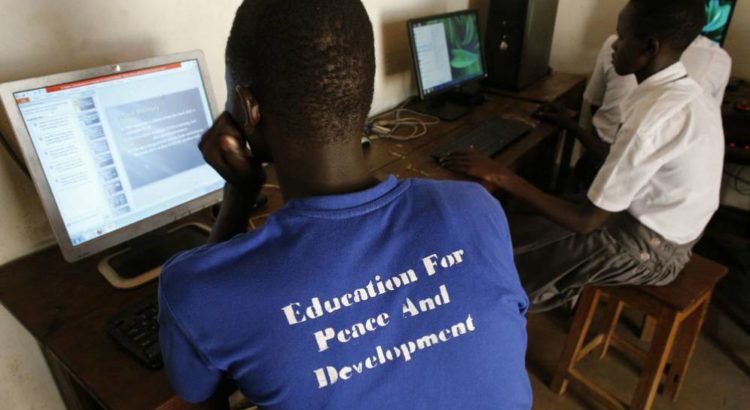By Farain Mudzingwa
The Research for Equitable Access and Learning (REAL) Centre at the University of Cambridge has partnered with ESSA (Education Sub Saharan Africa) to develop the online African Education Research Database (AERD).
What is this AERD?
AERD is a collection of research undertaken in the past decacde by scholars based in sub-Saharan Africa. It includes social science research, peer-reviewed articles, chapters, PhD theses and working papers identified through structured searches of academic and grey literature databases, expert consultation, and pearl-growing techniques (the act of using one relevant source, or citation, to find more relevant sources on a topic).
The database is searchable by country, research methods and keywords such as education, early childhood education, higher education and school feeding. The database contains about 2000 papers from 49 different countries.
The database has 3 overarching aims;
- Raising the visibility of African research
- Consolidating the evidence base for policy and practice
- Inform future research priorities and partnerships
Making sure people get to the research…
One of the biggest issues this database will address is that of visibility of research. A researcher at the REAL centre –Rafael Mitchell- alluded to this:
There are some existing inventories and databases for specific contexts but no central location to access [education] publications by African-based researchers, which has contributed to a lack of visibility and use of this research. We hope that the database will facilitate greater use of research written by those in African universities and research institutions to ensure it is drawn upon and cited, and to be used to influence policy and practice. This should also help to ensure that research by African-based researchers is taken into account in global debates. There is a lot of important work done by researchers in the region that is currently overlooked and undervalued.
Informing future research
AERD is also meant show the progress that has been made when it comes to African research. The database will help researchers and others to know what education research has already been conducted on Sub-Saharan Africa and identify gaps for more research.
A work in progress
Initial work on the database started in May 2017 and took around 12 months to complete as the database was launched in May this year. The document will continue to updated and more research files will be added to the database.
Source of the article: https://www.techzim.co.zw/2018/08/africa-now-has-an-online-database-with-research-on-education-within-the-continent/









 Users Today : 44
Users Today : 44 Total Users : 35460253
Total Users : 35460253 Views Today : 59
Views Today : 59 Total views : 3418954
Total views : 3418954